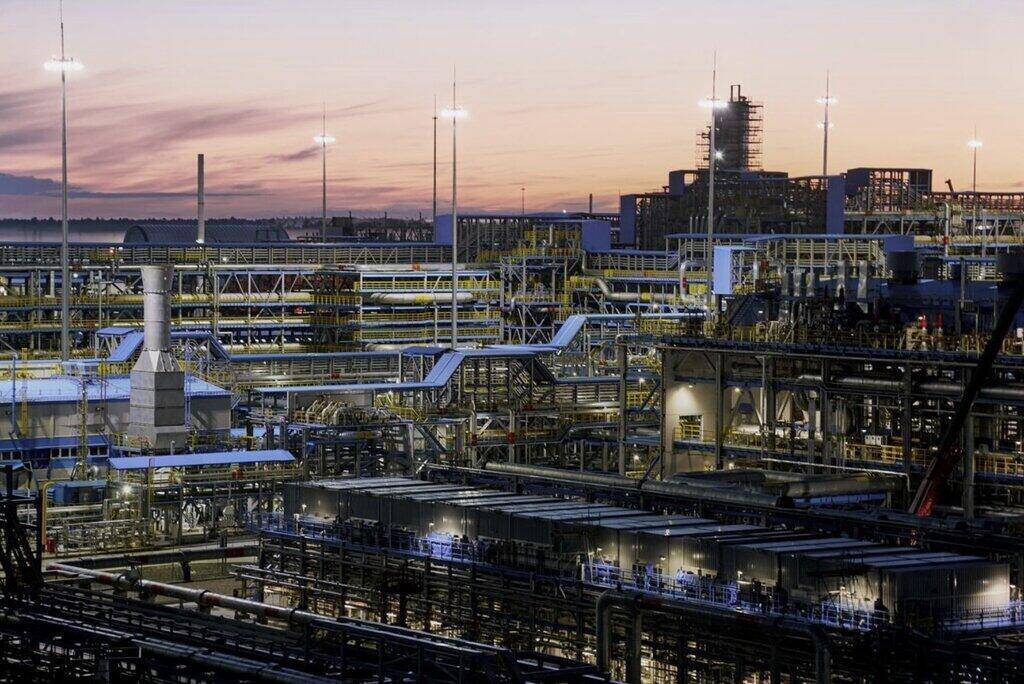The possibility of Ukraine resuming gas transit was shared by Ukrainian Energy Minister German Galushchenko in an interview with LB Live.
We can continue transportation but Russian gas will not pass through this pipeline, he said.
According to the Ukrainian official, there are currently no complete proposals from other countries on allowing Ukraine to transit gas.
At the same time, Mr. Galushchenko also pointed out that Europe can replace Russian gas with Azerbaijani gas.
In fact, we are ready to negotiate with neighboring countries. We will hold consultations. However, it is very important that we have to discuss at the professional level," Minister Galushchenko noted.

Last month, President Volodymyr Zelensky mentioned Ukraine's readiness to transport gas from Azerbaijan to Europe and that the contract could be signed quickly if an agreement is reached. We can use our infrastructure to transport Azerbaijani gas, Zelensky said.
According to the Azerbaijani Energy Ministry, the country increased gas production by 4.3% last year to 50.6 billion cubic meters, half of which were exported.
Russian gas stopped flowing into Europe via Ukraine in early January 2025 after a long-term transit contract ended and Kiev closed a gas pipeline that had been in operation for five decades.
Before the conflict in Ukraine broke out, Russia supplied nearly 40% of the EU's gas imports via pipeline. Russian gas passes through four pipeline systems, one under the Baltic Sea, one through Belarus and Poland, one through Ukraine and one under the Black Sea through Turkey to Bulgaria.
When the conflict broke out, Russia cut off most of the gas supply through the Baltic and Belarus - Poland pipelines on the grounds of a dispute over a ruble payment request. The Nord Stream gas pipeline in the Baltic was destroyed in a sabotage attack in September 2022.
After the transit route through Ukraine is suspended, Moscow can still transport gas to Hungary, as well as non-EU countries such as Turkey and Serbia, via the TurkStream pipeline in the Black Sea.











